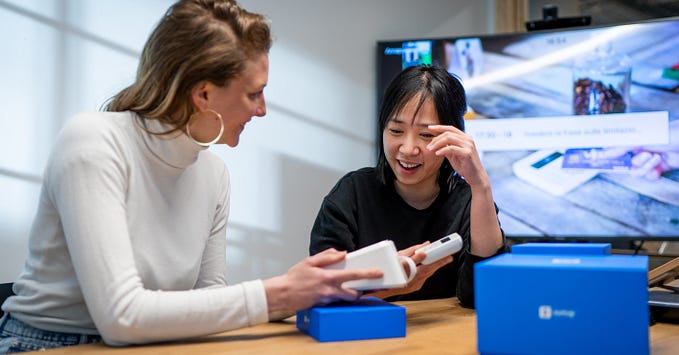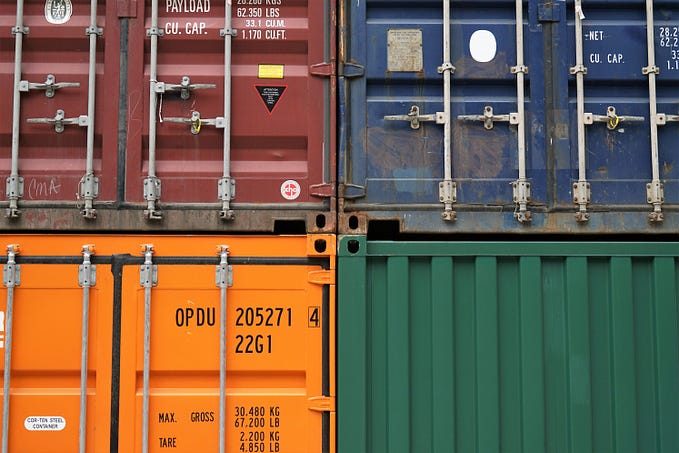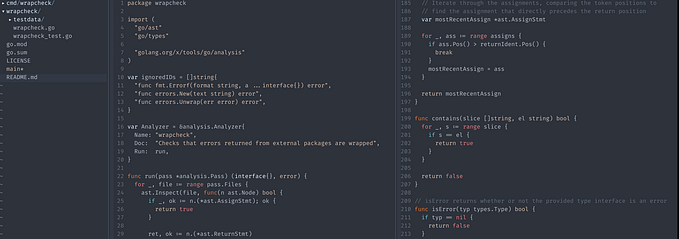A tribute to Moana Jackson
May every seed he has sown bloom into fruition

In the last days of March, a great leader left this world for the next. Moana Jackson was one of Aotearoa’s most influential thinkers; a legal scholar, an Indigenous hope-bringer, a courageous advocate for ngā iwi Māori, and a loving grandfather.
We thank Moana for all he has given this country, and the aroha in which he has offered it. ActionStation has been guided and inspired by his work over the years, and we know we are not alone in this. We send love to his whānau and loved ones as they adjust to a life without his sharp intellect, soft voice and fierce courage.
And as we continue the work to create the Aotearoa that Moana helped us imagine, we reflect on the immense contribution he made. Here are just a few of the ways he changed Aotearoa for the better.
Moana called for the restoration of Māori systems for justice, and shone a light on the racism of the Crown’s criminal justice system.
“… in whakapapa, no relationship is ever beyond repair” [1]
Every society must respond to how we cause harm to each other. In 1988, Moana released a report called He Whaipaanga Hou which drew attention to the bias against Māori in the criminal justice system. Over the years, he challenged the idea of prisons, and put forward tikanga-based ways to achieve restoration in response to harm. Despite the consistent advocacy from Moana and many more Māori, the Crown has not resolved this issue. In fact, Moana was working on a second report that showed how little had changed, and how some things have worsened when it comes to how the Crown disproportionately imprisons Māori people.
📚 Read: Moana’s writing on why prisons should never be the only answer and his course-changing report He Whaipaanga Hou.
📹 Watch: the video we created with JustSpeak inspired by Moana’s work for justice transformation, and a lecture Moana gave on why Māori never had prisons.
Moana strengthened Indigenous rights globally through his work on the United Nations Declaration on the Rights of Indigenous Peoples.
As sea-faring experts, Māori and Pacific peoples have always travelled across the globe, often forming relationships with different countries. And yet, when we, alongside wider Indigenous communities pushed to be recognised at an international level, the call was rejected. It wasn’t until 1985, that the United Nations finally gave the go-ahead to draft up a document on this issue. Many people were part of this process, including Moana. He talks of how it was difficult and frustrating, because some governments (including our own) opposed or undermined the call for Indigenous self-determination. But Indigenous people across the world pulled together and created the United Nations Declaration on the Rights of Indigenous Peoples. This document was a crucial step forward in human rights for Indigenous communities everywhere.
📚Read: Moana’s writing on the history of the Declaration.
📚 Read: How the Government is finally developing a plan to fulfil its obligations under the declaration and what this could mean for us as peoples.
Moana unwaveringly lived in a way that upheld the mana of wāhine.
One of the most insidious beliefs colonisation brought to our shores, was that women were the property of men, and to be treated as second-class citizens. Before this, our skills, strengths, and leadership were recognised as a crucial part of our whānau and hapū. Moana knew this well. He listened to wāhine, he respected wāhine, and he made space for wāhine. In his final wishes, he was clear that they should have a role in speaking on his marae at the tangihanga, a protocol rarely observed, and often denied (depending on the iwi). He called on an incredible line-up of wāhine leaders for his last eulogy, including Ani Mikaere, Annette Sykes, Dr Papaarangi Reid and Karlo Mila. The marae ātea was alight with the mana of wāhine in his final moments, and a true historical moment that will have ripple effects into the future.
📹 Watch: Ani Mikaere’s eulogy at Moana’s tangihanga here.
📚 Read: Karlo Mila’s poem from the tangihanga.
Moana challenged and grew the way we understand racism, how we build an inclusive society, and honour Te Tiriti o Waitangi.
“Colonisation is a process of dispossession and control rather than historical artefact, and now it takes on new forms.” [1]
Moana broadened our understanding of who Māori were before colonisation, and challenged racist ideas — such as in this keynote — ‘Once were gardeners’. He wrote about the history of white supremacy, and its role in the Christchurch mosque attacks. He defended LGBTIQ+ communities and put forward the idea that “no one’s exercise of free speech should make another feel less free.” He condemned the State for their abuse of children in care, which survivors have only just shared stories on recently. He constantly re-articulated how we honour Te Tiriti o Waitangi. And he never gave up his faith in Māori people and the hope for a more just future.
Moana gave us a blueprint for an Aotearoa that truly honours Te Tiriti o Waitangi. He even set a date we can achieve it by.
“To contemplate forfeiting that [continuing] independence [of iwi and hapū] would have been legally impossible, politically untenable and culturally incomprehensible.” [1]
From 2012 to 2015, Moana convened a rōpū called Matike Mai Aotearoa. They were tasked with talking to Māori across the country about our constitution — the way people make decisions and determine futures for themselves. Matike Mai held 252 hui attended by more than 10,000 people — amongst them Māori people with disabilities, Māori LGBTIQ+ groups, people involved with gangs, and people involved with churches. They asked the question: ‘if you could change the way the country is governed tomorrow, what would it look like?’
What they heard was clear. Māori never ceded their sovereignty. The constitutional system continues to deny Māori that sovereignty. And we can transform our constitution to honour Te Tiriti o Waitangi, just as our ancestors imagined.
Moana and the Matike Mai rōpū offered us a pathway toward a constitution based on fairness, tikanga (our first law of the land), and guiding values — like looking after our Earth Mother, Papatūānuku. Where Māori can make decisions, by Māori, for Māori, and of Māori. And where Pākehā and other tauiwi (non-Māori) live in respectful, reciprocal relationship with this land, and tangata whenua (people of the land). Or as Moana wished — where Pākehā are better manuhiri (guests) here.
Moana, Professor Margaret Mutu and many others believed this change is possible and necessary to achieve Te Tiriti justness. We have work to do to achieve this vision by 2040. And so many of us are stepping up to the challenge.
📚 Read: Helen Potter interviews Moana on constitutional change here.
🔊 Listen: to Moana speak about the launch of the Matike Mai report on RNZ.
Thank you for everything, Moana. Moe mai rā e te rangatira.
References
- Imagining Decolonisation, edited by Rebecca Kiddle. Where to Next? Decolonisation and Stories in the Land by Moana Jackson. Bridget Williams Books, 2020










